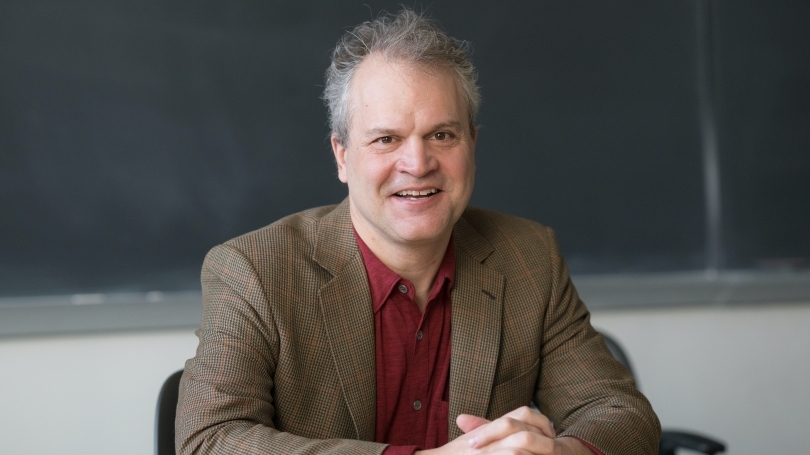
- Public Policy
- Leadership
- Funding
- News & Events
- About the Center
Back to Top Nav
Back to Top Nav
Back to Top Nav
Back to Top Nav
The Nelson A. Rockefeller Center for Public Policy has launched Rocky Watch, a weekly series of live broadcasts that the center hopes will foster a virtual common space for community discussion in this time of social distancing and remote learning.
Leading off the Zoom-based program is Russell Muirhead, the Robert Clements Professor of Democracy and Politics and interim director of the Rockefeller Center. Muirhead will speak on "Conspiracy Without the Theory: How conspiratorial thinking is undermining democracy—and what can be done about it," followed by a public discussion. The event begins tonight, April 8, at 5. There is a link to the Rocky Watch series on the Rockefeller Center webpage.
Centers and institutes have been scrambling for ways to maintain and build the kind of public engagement, debate, and discussion that is the life blood of the liberal arts education. Some, like the Rockefeller Center, have set up a beta version, others are very close, and still others are allowing this new public space to grow organically.
For example, the Hopkins Center for the Arts has launched Hop@Home, the Hood Museum of Art is producing a series of art appreciation webinars, and the Student Wellness Center has a wide range of online wellness programming. Some, such as the John Sloan Dickey Center for International Understanding, and the Collis Center for Student Involvement, are developing programming and reaching out to the community for ideas and input. There are new initiatives coming online every day.
Muirhead says it is inspiring to see students, faculty, and staff across the institution coming together on the fly to brainstorm new ways to engage and sustain the intellectual and cultural life of Dartmouth under the new reality of the COVID-19 pandemic. Nobody has a roadmap, so the point is to try something to get the ball rolling, he says.
Read the full article on Dartmouth News here.